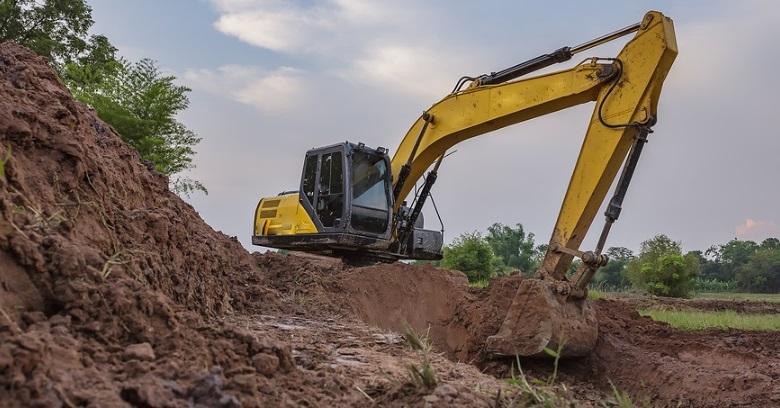From the Ground Up: The Essential Role of Excavation Contractors in Construction Projects

Image Source: Google
Excavation contractors are a crucial part of the construction industry, responsible for preparing the ground before any building can take place. Their expertise in digging, trenching, grading, and earthmoving helps set the foundation for successful construction projects. In this article, we will explore the essential role of excavation contractors in construction projects.
The Importance of Excavation Contractors
Excavation contractors play a vital role in construction projects by performing the initial groundwork necessary for any building or infrastructure development. From digging trenches for utility lines to grading land for proper drainage, excavation contractors are skilled in various earthmoving techniques that are essential for preparing the construction site. Here are some key reasons why excavation contractors are essential:
1. Site Preparation
- Excavation contractors are responsible for clearing and leveling the construction site to ensure a stable foundation for the building or infrastructure.
- They remove rocks, debris, and vegetation from the site to create a clean, flat surface for construction to begin.
2. Trenching and Utilities
- Excavation contractors dig trenches for laying utility lines such as water, sewer, gas, and electrical systems.
- They ensure proper depth and alignment of the trenches to accommodate the utility pipes and cables without any interference.
3. Grading and Earthmoving
- Excavation contractors perform grading to adjust the slope and elevation of the land for proper drainage and structural stability.
- They use heavy equipment like bulldozers, excavators, and graders to move and reshape the earth as needed for the construction project.
The Process of Excavation
The excavation process involves a series of steps that are carefully planned and executed by excavation contractors to ensure the successful preparation of the construction site. Here is an overview of the typical process of excavation:
1. Site Inspection and Survey
- Excavation contractors start by inspecting the construction site and conducting surveys to determine the exact requirements for excavation.
- They assess the soil conditions, drainage needs, and any existing structures or obstacles that may impact the excavation process.
2. Excavation Planning and Permits
- Based on the site inspection, excavation contractors create a detailed plan for excavation that includes the timeline, equipment needed, and safety measures.
- They obtain the necessary permits and approvals from local authorities before commencing any excavation work to ensure compliance with regulations.
3. Earthmoving and Grading
- Excavation contractors use heavy machinery to excavate the soil, remove rocks and debris, and shape the land according to the project specifications.
- They perform grading to achieve the desired slope and elevation for proper drainage and foundation stability.
4. Trenching and Utility Installation
- Excavation contractors dig trenches for installing utility lines and ensure proper depth and alignment to accommodate the pipes and cables.
- They backfill the trenches after the installation to secure the utilities in place and restore the site to its original condition.
Qualities of a Reliable Excavation Contractor
When selecting an excavation contractor for your construction project, it is essential to choose a reliable and experienced professional who can deliver quality work within budget and schedule. Here are some qualities to look for in a reliable excavation contractor:
1. Experience and Expertise
- Look for excavation contractors with years of experience in the industry and a proven track record of successful projects.
- Choose contractors with expertise in various earthmoving techniques and equipment to handle the specific requirements of your project.
2. Licensing and Insurance
- Ensure that the excavation contractor is properly licensed and insured to operate in your area and provide liability coverage for any accidents or damages during the project.
- Ask for proof of insurance and licensing before hiring the contractor to protect yourself from any potential legal or financial risks.
3. Safety Protocols
- Verify that the excavation contractor follows strict safety protocols and regulations to prevent accidents and injuries on the construction site.
- Ask about their safety training programs, equipment maintenance practices, and emergency response procedures to ensure a safe working environment.
Conclusion
Excavation contractors are essential partners in construction projects, laying the groundwork for successful building and infrastructure development. Their expertise in site preparation, earthmoving, and utility installation is crucial for ensuring the stability and functionality of the construction site. By understanding the importance of excavation contractors and choosing a reliable professional for your project, you can set a solid foundation for a successful construction endeavor.

:format(jpeg)/cdn.vox-cdn.com/uploads/chorus_image/image/51867435/Eli_Preferred_Headshot.0.jpeg)